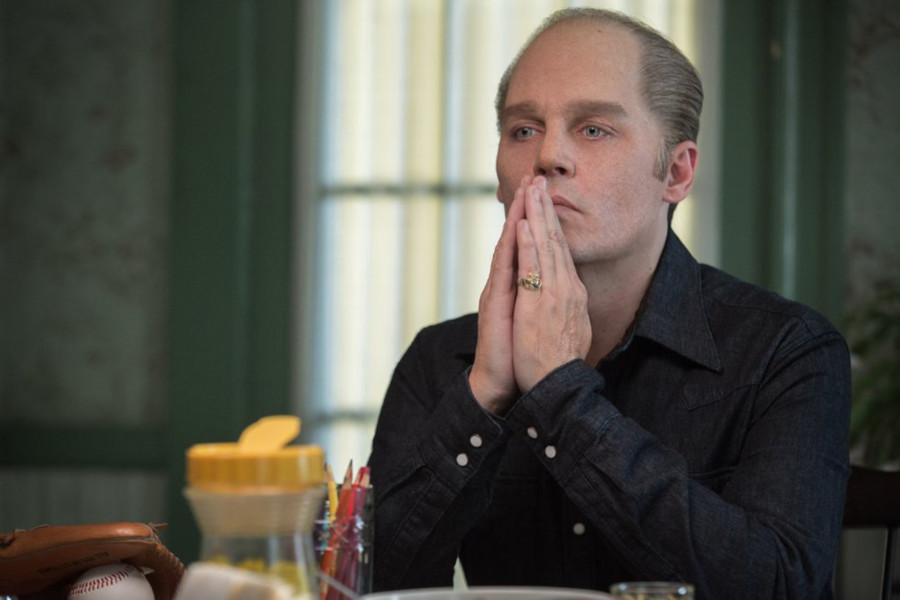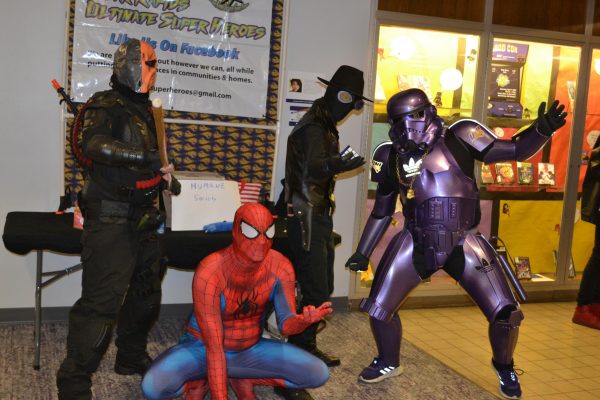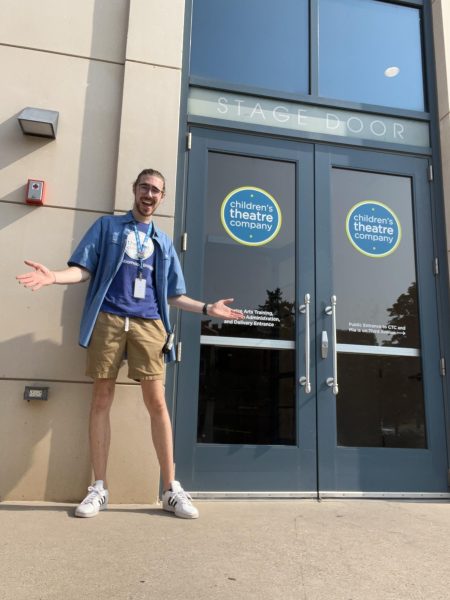Depp’s Return
Johnny Depp in “Black Mass.” (Warner Bros. Pictures)
Sep 21, 2015
Based on the book by Dick Lehr and Gerard O’Neill, chronicling the true events of the unholy alliance between Boston gangster James “Whitey” Bulger and the FBI, “Black Mass” stars Johnny Depp as Whitey and Joel Edgarton as FBI agent John Connolly. The two enter into a deal where Whitey gives the FBI information on the mob. In return, he receives protection from the Feds. John is sucked into this deal with aspirations of his own glory, wanting to impress his childhood hero, Whitey.
The cast is a heap of talent and none is wasted. Whether they played a minor or major part, all performed extremely well: Benedict Cumberbatch was Billy Bulger, Whitey’s brother in politics; David Harbour as John Morris, Connolly’s colleague; Kevin Bacon, Connolly’s FBI supervisor; Adam Scott as FBI agent Robert Fitzpatrick; Corey Stoll as Federal Prosecutor Fred Wyshak; Julianne Nicholson as Connolly’s wife; Dakota Johnson as Whitey’s wife and Jesse Plemons, Rory Cochrane and Stevie Flemmi playing Whitey’s henchmen.
“Black Mass” is slower than you would expect. At a running time of over 2 hours, it felt longer than that. But again, not a single second was wasted. Depp and Edgarton are excellent as the two leads, playing off each other strongly when they are on screen together and retaining that same powerful, incredible talent when they are apart.
In a return to traditional acting techniques, Depp is electrifying and executes both the role and his victims with brute force and devilish charm. However, as Whitey’s criminal persona is shown, at times, we get to see him as a family man and a friend, which Depp pulls off; it’s very real and human. This is a stark contrast from Whitey’s violent tendencies.
Surprisingly, “Black Mass” is more of a character piece than a crime drama. Watching the rise and fall of Edgarton’s and Depp’s characters helped keep everything engaging and exciting, though the film lacked the action one would expect from a gangster movie.
That’s another point where this movie excels. Some gangster movies or crime dramas will overplay and extend the violence just for the glory and entertainment of it. “Black Mass” was very mature the whole way through. Sure there was violence and murder, but it wasn’t played up for effect and it wasn’t unnecessary.
The cinematography of “Black Mass” was gorgeous. Working closely with the director, Scott Cooper, and cinematographer Masanobu Takayanagi captured the aesthetic of Blue Collar Boston with the inspiration of late 70’s, early 80’s gangster films. The cars, clothing, houses, exterior and interior all fit the era and changed seamlessly as the timeline continues. A large amount of the movie was shot with medium to close-angled shots. Everything in the frame fit and was squared away. Even on wide shots there was an order to the setting and the centering of the characters that was pleasing to see.
Overall, “Black Mass” is a thrilling, fact-based tale that may be slow for some but ultimately makes up for it with incredible talent, rich camera work and cinematography.

















